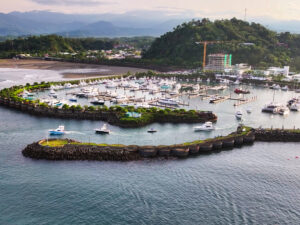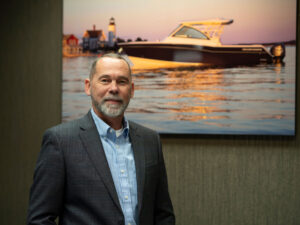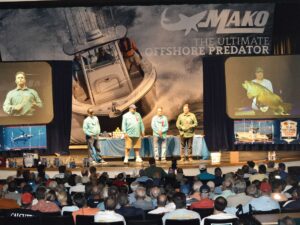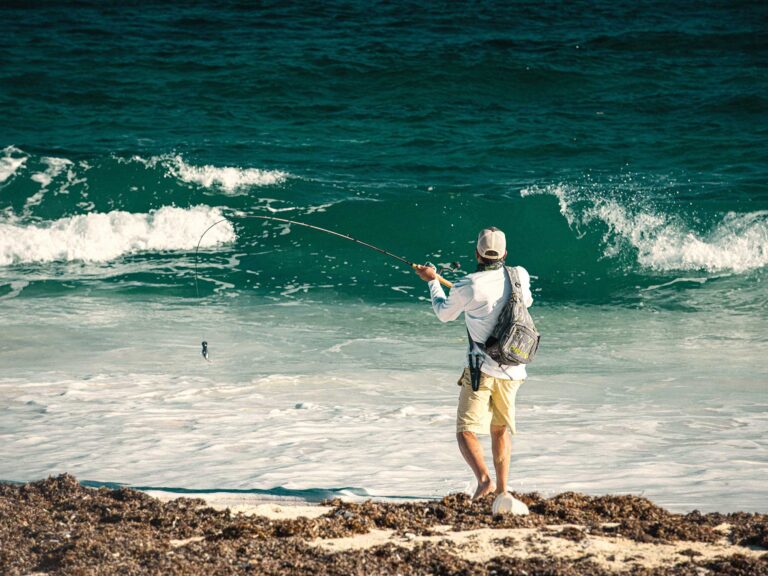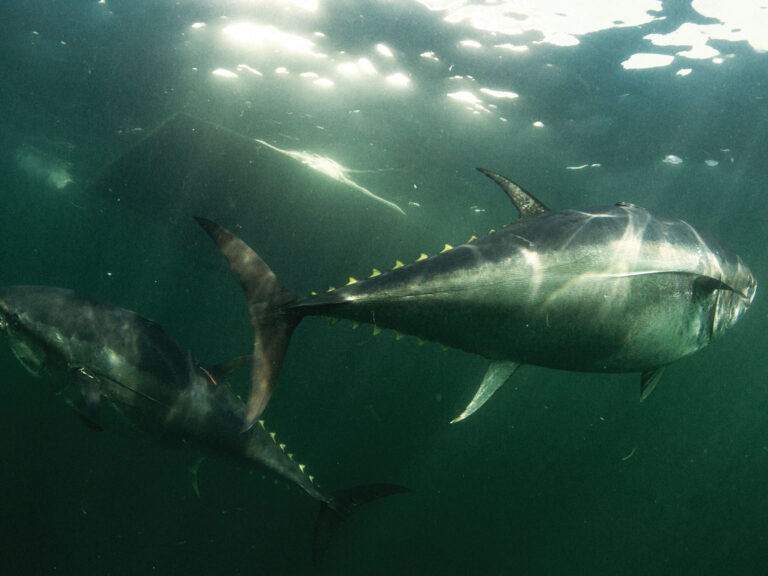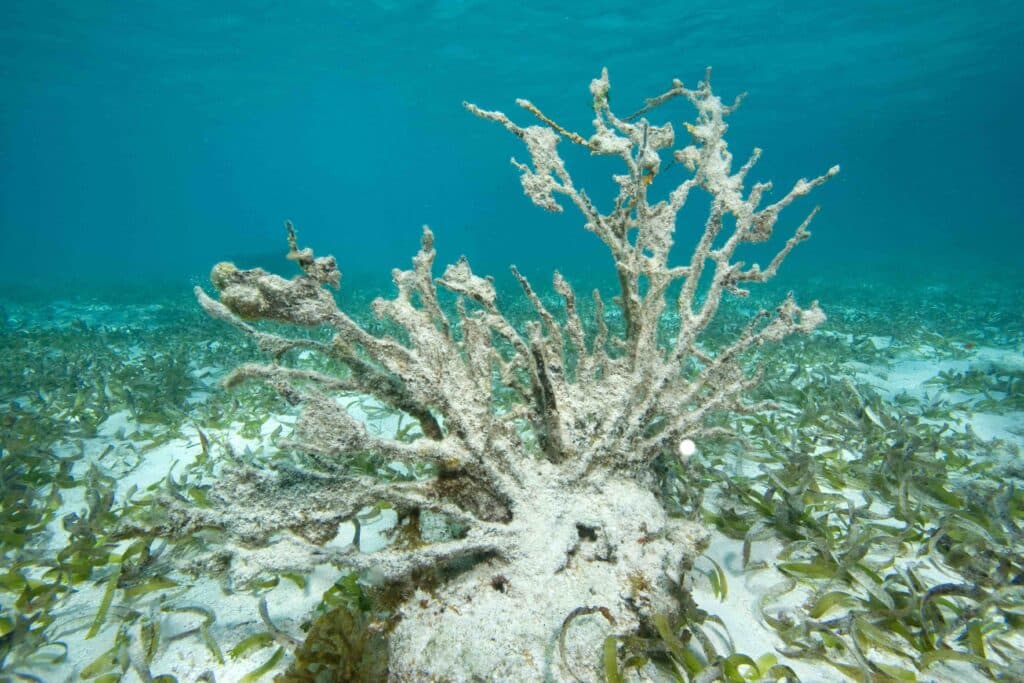
Florida is hot in the summer months, but somehow beaches always provided a dependable respite from the cooker, especially on the Atlantic Coast. Going forward, gamefish in the shallow waters of the Florida Keys National Marine Sanctuary might have to find their own summer refuge.
On July 24, a temperature sensor in Manatee Bay, northwest of Key Largo, measured a reading of 101.1 degrees Fahrenheit. In fact, the days of July 23 – 25 all saw water temperatures reach nearly 100 F. The station, monitored and maintained by the National Park Service, is located at the northeast corner of Barnes Sound, east of U.S. 1.
“This data was consistent with high water temps seen across Florida Bay,” said Allyson Gantt, chief of communications and public affairs for Everglades and Dry Tortugas National Parks. “It was a few degrees higher than water temperatures at nearby stations, so we had no reason to doubt the measurement.”
High Temperatures Harm Plant Life
High temperatures over long periods of time have had a detrimental impact on marine plants, corals and animals. “High heat for long periods of time, combined with high salinities, can cause seagrass die-offs which can lead to algal blooms and fish kills,” said Gantt. “For those fishing, high temperatures are not the best conditions. Much like humans when we are too hot, fish don’t eat much.”
The scorching temperature was not a record for this station, Gantt confirmed. The highest temperature recorded hit 102 F on August 15, 2017, with data available back to October 2004. During that same period in late July, Florida Keys corals also took a major blow from the scorching water temperatures.
“On July 20, teams visited Sombrero Reef, a restoration site we’ve been working at for over a decade. What we found was unimaginable — 100% coral mortality,” said Dr. Phanor Montoya-Maya, restoration program manager at Coral Restoration Foundation. “We also lost almost all the corals in the Looe Key Nursery in the Lower Keys.”
According to some estimates, Keys’ waters have lost up to 90% of their coral over the last 50 years. The foundation had to scramble to save other corals in the Upper Keys, rescuing as many corals as they could from nurseries and relocating key genotypes to land-based holding systems, safeguarding coral broodstock, said Montoya-Maya.
“This is not a partisan issue; everyone will be affected,” stressed Dr. R. Scott Winters, CEO of Coral Restoration Foundation. “Hopefully, the dire situation we face will catalyze broader awareness and stimulate aggressive action to address climate change, triggering greater investment in the restoration and conservation of our planet’s life.”
Editor’s Note: At the time of this writing, the late July period was the hottest recorded water temperatures of the year in Florida.

